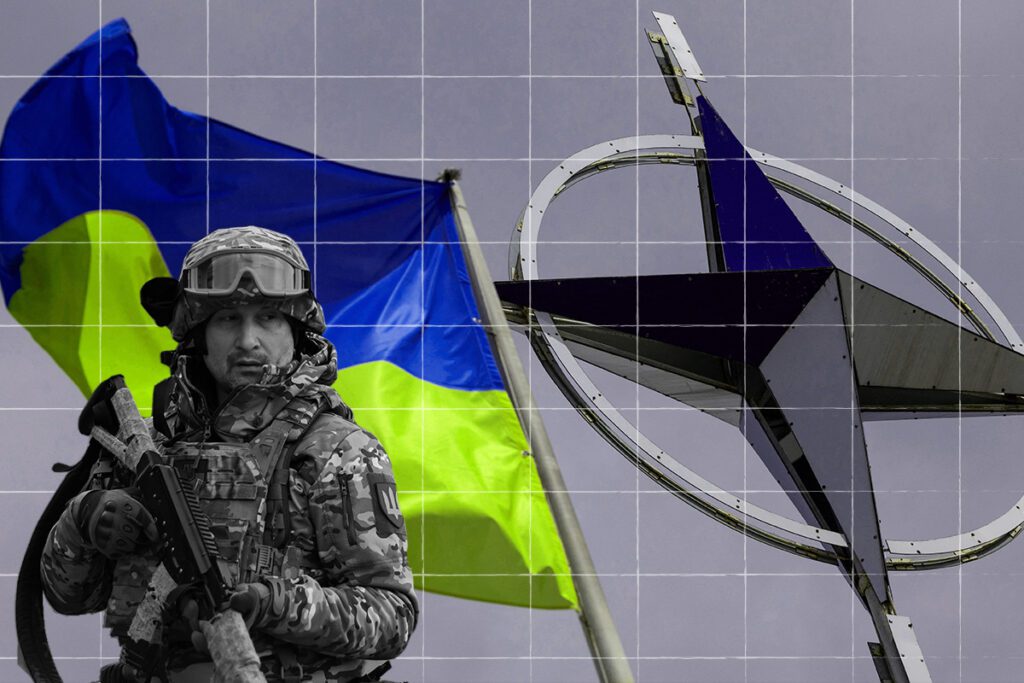The content discusses the NATO expansion and its impact on European security. Since its establishment in 1949, NATO has played a crucial role in safeguarding Europe and North America. The expansion of NATO post-Cold War included former Eastern European countries, enhancing security for these nations. This extension promoted stability in the broader European region, fostering collective defense and cooperation among member states. However, NATO expansion has faced criticisms for straining relations with Russia and increasing defense spending. Despite challenges, NATO’s enlargement has overall bolstered European security. It is crucial for NATO to continue evolving to tackle new security threats for the region’s stability.
NATO Expansion: The Enlargement of the Alliance and its Impact on European Security
Since its inception in 1949, the North Atlantic Treaty Organization (NATO) has played a vital role in ensuring the security and stability of Europe and North America. Originally formed to counter the threat of Soviet expansionism during the Cold War, NATO has evolved over the years to address new challenges and threats to the members of the alliance. One of the key aspects of this evolution has been the expansion of NATO through the inclusion of new member states.
History of NATO Expansion
Following the end of the Cold War and the collapse of the Soviet Union, NATO began to consider expanding its membership to include former Eastern European countries that were once part of the Warsaw Pact. The first wave of NATO expansion occurred in 1999 when the Czech Republic, Hungary, and Poland were admitted as new members. This was followed by further waves of expansion in 2004, 2009, and 2017, with a total of 12 new countries joining the alliance.
Impact on European Security
The expansion of NATO has had a significant impact on European security. By including new member states from Eastern Europe, NATO has extended its security umbrella to countries that were once part of the Soviet sphere of influence. This has helped to strengthen the security of these countries and provided them with a sense of security and stability in the face of potential threats from Russia.
Furthermore, the inclusion of new member states in NATO has also helped to promote stability and security in the broader European region. By expanding its membership, NATO has shown its commitment to the principles of collective defense and cooperation, which are essential for maintaining peace and security in Europe. This has helped to foster closer ties between NATO member states and promote greater security and stability in the region as a whole.
Challenges and Criticisms
While the expansion of NATO has been a positive development for European security, it has also faced criticism and challenges. Some critics argue that NATO expansion has unnecessarily antagonized Russia and contributed to the deterioration of relations between Russia and the West. They argue that NATO’s eastward expansion has undermined Russia’s security and pushed the country further towards aggressive and confrontational behavior.
Another criticism of NATO expansion is that it has led to an increase in defense spending among member states, as they seek to meet the alliance’s requirements for military capabilities. This has raised concerns about the sustainability of defense budgets and the potential for a new arms race in Europe.
Conclusion
In conclusion, the expansion of NATO has had a significant impact on European security by extending the alliance’s security umbrella to new member states and promoting greater stability and cooperation in the region. While there have been challenges and criticisms of NATO expansion, the overall benefits of an enlarged alliance have outweighed the drawbacks. Moving forward, it will be essential for NATO to continue to adapt and evolve in response to new security challenges and threats in order to ensure the security and stability of Europe and North America.
